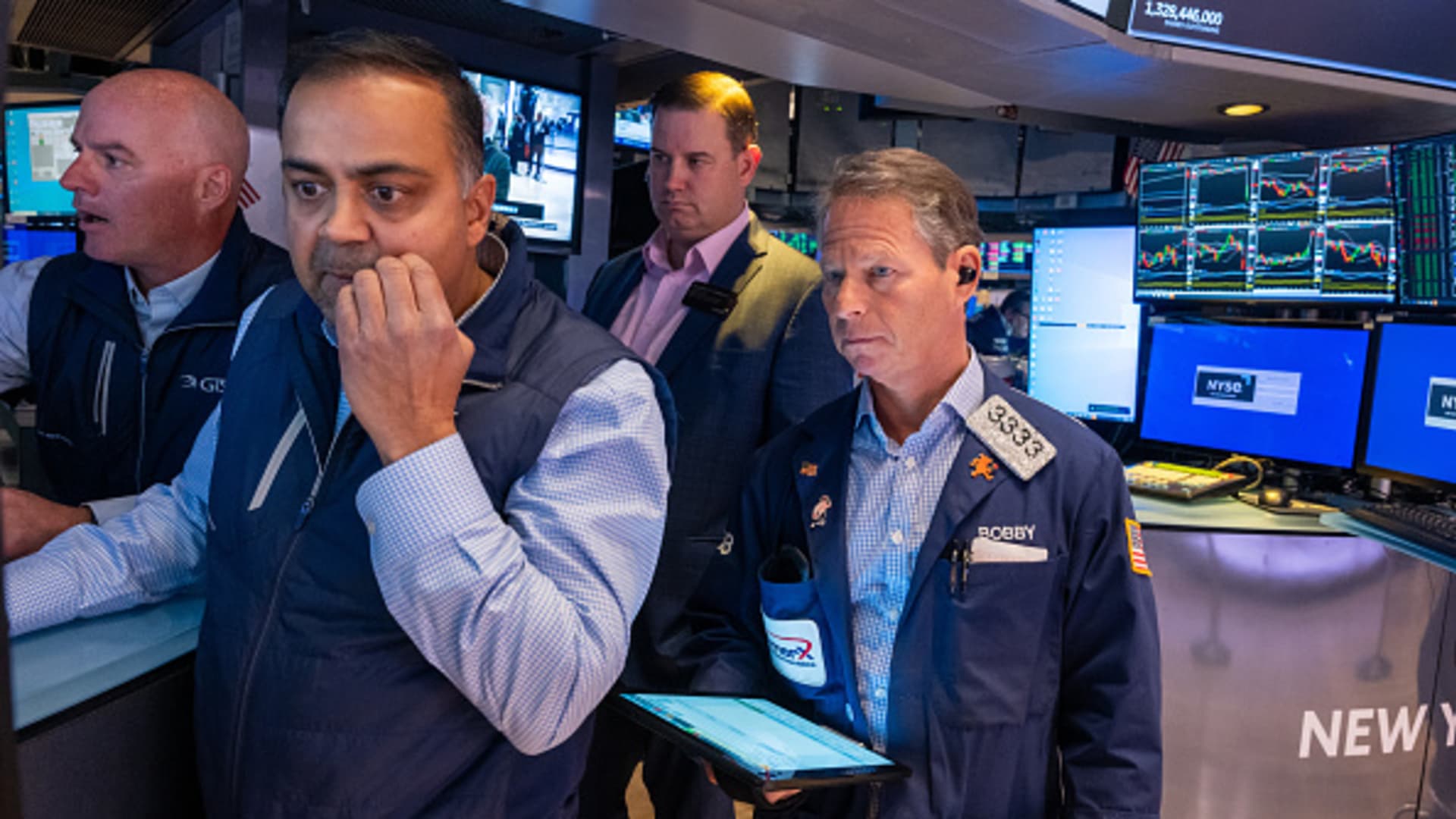It’s only January, but Wall Street is back to an uncomfortably familiar spot. The benchmark 10-year Treasury note yield has climbed above 4.6% and reached its highest since early last May. The long-dated 30-year bond yield also scaled new heights to 4.86%, levels not seen since November 2023. This move higher in yields — affecting rates on everything from mortgages to car loans to credit card — could dent expectations for easier Federal Reserve policy in 2025. And, if this week’s December jobs report comes in hotter than expected, it could push yields even higher — putting downward pressure on stocks. “It has been a ‘rates up, stocks up’ market since the growth scare in August,” Bank of America strategist Ohsung Kwon wrote on Tuesday. “But with the 10-yr firmly above 4.5%, we believe the market is shifting into a ‘good news is bad news’ environment again.” US10Y 1Y mountain 10-year Treasury yield Investors rooting for soft economic data to keep potentially easier monetary policy is nothing new. In recent years equity markets have soared on figures that came in below expectations. The opposite has also been true: Markets have counterintuitively tumbled on data pointing to economic strength — with rates subsequently rising and compromising the outlook for Fed rate cuts. In other words, Treasury yields could rise further this week if the Bureau of Labor Statistics reports job growth greater than the Dow Jones consensus estimate of 155,000 — sending shares lower. Conversely, if the report disappoints and points to slack growth, it could spur an upward move in stocks. “Over the past two years, the correlation between the S & P 500 and the 10-yr yield has closely tracked the direction of the 10-yr. The 4.00-4.25% range has also been the level where correlations flipped between positive and negative,” Kwon wrote. “Growth scare has subsided, and inflation/rates are becoming a bigger focus for the market. We believe the goldilocks range remains at 125-175K” on nonfarm payroll growth, he said. Elsewhere Tuesday morning on Wall Street, Bank of America downgraded Tesla to neutral from buy . “Execution risk is high, and TSLA is trading at a level that captures much of our base case [long-term] potential from core autos, robotaxi, Optimus, and energy generation & storage,” analyst John Murphy wrote. Optimus is Tesla’s humanoid robots business. MoffettNathanson also downgraded Apple to sell from neutral and called for a 23% decline from current levels. “Much has been made of the fact that Apple’s shares have moved steadily higher over the past few months in the absence of any real news. But that’s not actually correct,” analyst Craig Moffett wrote. “In fact, there has been a great deal of Apple-relevant news. It’s just that all of it has been bad.”





